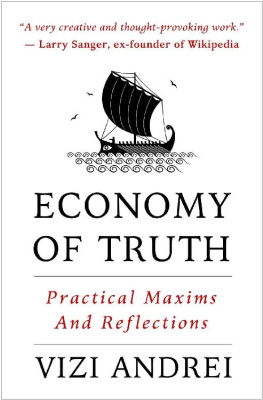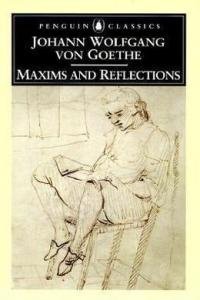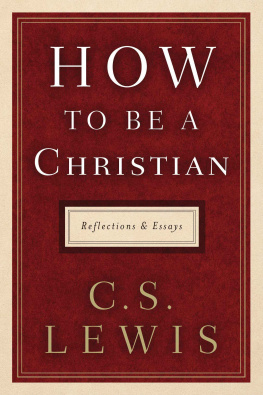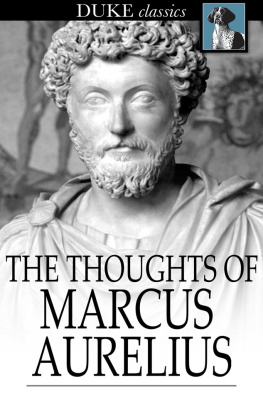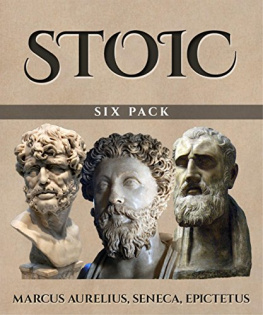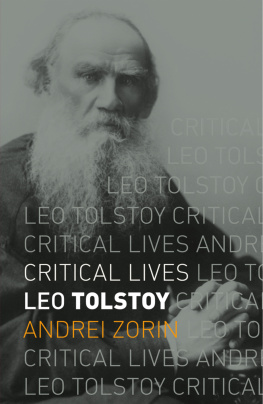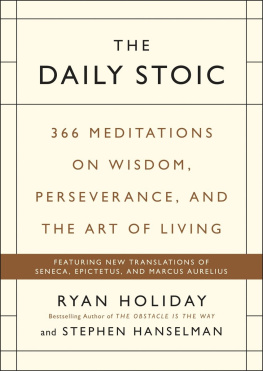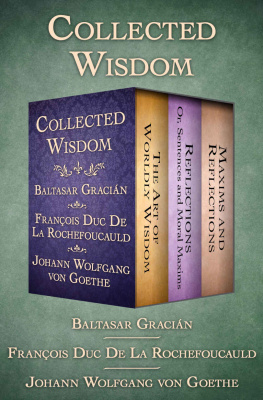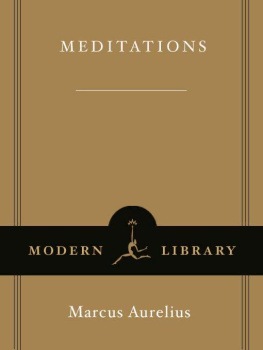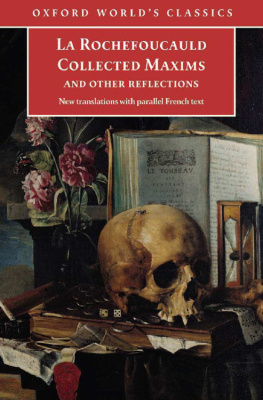ECONOMY OF TRUTH
Practical Maxims and Reflections

Vizi Andrei
Copyright 2019 by Vizi Andrei
All illustrations: Purchased from Canva
Thank you for buying an authorized edition of this book and for complying with the copyright laws by not reproducing, scanning or distributing any part of it in any form without the written permission of the author. Clearly, you may nevertheless distribute some parts from this book as long as you abide by the principle of fair use. In other words, you may, for instance, share short excerpts from this book on your Facebook, Instagram or Twitter account as long as you clearly state that you got them from this book. In fact, Vizi even encourages you to do that! It could help him a lot.
I wrote this book out of ambition, pragmatism, intellectual confusion, a bit of naivety, and, above all, a will to offer a helping hand...
VIZI ANDREI
Romania, 2019
Table of Contents

Prologue
A Greco-Roman World
Prologue
A Greco-Roman World

Let me introduce you to my dear friend, Antisthenes. He was a Greek philosopher an Athenian, although he was said not to be a legitimate Athenian. In his youth, he bravely fought in the battle of Tanagra, which led Socrates to believe that his genes are not pure. He argued that the son of two Athenians could not be so brave, as Athenians would rather theorize about courage than be courageous.
As he became older, Antisthenes slowly left the battlefield behind. He got drawn to the study of ethics, logic, and literature. He spent the rest of his life by nurturing his education and cultivating his mental faculties. He became an accomplished orator and is credited with the authorship of over sixty titles. His writings became timeless they can teach any modern man how to live a happier, more virtuous, and thoughtful life. Antisthenes founded the Cynic School where he taught his students how to nobly reject luxuries, social status, and the acquisition of wealth and unnecessary material objects.
Not very far from Athens, there was a different man a man respected by all, admired by many, loved by a few, and matched by nobody. His name conveys wisdom, strength, power yet humility: Marcus Aurelius one of the most competent Roman emperors that ever lived.
While Antisthenes was studying, Marcus was on the battlefield, organizing his army. Or maybe he was training, wrestling with his comrades. Or maybe he was in his room, preparing his strategy for the next battle. While the professor was teaching philosophy, Marcus was embodying it. Despite his constant challenges and responsibilities, whats surprising about this man is that he always found time to write, to reflect, to meditate to think. He wasnt into poetry; nor was he working on a novel. He was writing directly applicable, practical, and philosophical teachings that could foster a clear mind and encourage pensive actions. He was writing in order to think; and he was thinking in order to act. Marcus Aurelius wasnt only a king; he was also a philosopher but, he first became a king and then a philosopher.
Good philosophers start with theory and end up with action. Great philosophers start with action and end up with theory.
In general, the Greeks were mostly concerned with theory and the Romans with action. The Greeks morning routine meant thinking about ethics, courage, and happiness so that they can grasp how to act later in the day; the Romans morning routine meant being ethical, courageous, and happy so that they can grasp how to theorize later in the day. Some preferred to postpone action and focus on theory; others preferred to postpone theory and focus on action. Some lacked knowledge; others lacked experience.
By deciding to read this book, you agree to be part of a Greek boat heading toward the Romans. You agree that theory will meet action; that a Greco-Roman world is to be created.
As soon as the Greeks start hanging out with the Romans, theories will become more practical and actions will become more thoughtful. As soon as they start going out, the Romans will learn how to seek the truth and the Greeks how to domesticate, and even dominate, its limitations.
Let me now prepare you for the first meeting, as we consider the notion of economy of truth.
Lets Sign the Contract
We humans naturally face limits of knowledge. These limits are the product of everything which we cannot observe, explain or solve. In other words, the world we happen to live in is complex. But, homo sapiens do not enjoy unorganized habitats. We naturally seek structure, guidance, and predictability. We need these things in moderation!
But, how do we get them?
Heres when maxims come to the rescue. Maxims represent crisp, well-decorated, rhetorical, and seemingly universal rules which help us conduct ourselves in the world. They are compound ideas distilled into a few words. They do not exhaustively match the reality but rather render it bearable. They are framed in such a manner that they maximize utility while advancing or at least not degrading the truth. Simply put, maxims foster an economy of truth.
The notion of economy of truth is a compromise between wisdom and knowledge, truth and utility, argument and action, and science and meaning.
Economy of truth is a contract between the Greeks and the Romans a contract you are going to read slowly, and hopefully enjoy wholly.
Instructions & Disclaimer
Whenever you come across a maxim that causes you to grimace with dislike or disagreement, pause for a moment. It was not meant to be a universally applicable truth. Such creations are virtually alien to human beings.
Instead of expecting maxims to resonate with you, develop a state of mind so that you seek to resonate with them.
This work is the architecture of my creative thought exercises. I spontaneously came up with many of them; I conducted research to produce some of them; and I simultaneously did both to generate the rest of them.
Although this book happens to be a work of philosophy, I am no philosopher; and the Romans made it very clear that they have no time for philosophy. There was an accident I gave full power to the Greeks to prepare it for launch. In other words, if you dont consider this book to be a work of philosophy, sue the Greeks, not me.
I will provide further excuses in the Epilogue.
Notice
It took me roughly three years to write this book so I, foreseeably, advise against aiming to read it in one sitting! Take your time. Reflect. Ponder. Critically yet kindly assess my thoughts. Do it slowly. Do it twice. Take notes. Highlight. Aim to read my book again and again, and again; only in case you enjoyed it, of course. And what I mean by enjoying it is not that I expect you to agree with the cognitive projects I infused it with but, simply, that you came to consider them useful.
This book was an endeavor to find out who I am and who I want to be. Many maxims and reflections do not describe my virtues per se but what virtues I aspire to develop.
I hope my writings will resonate with you. I hope this book will make you a better thinker a critical and creative one and, above all, a better action-taker.
Lets get started.
Next page
